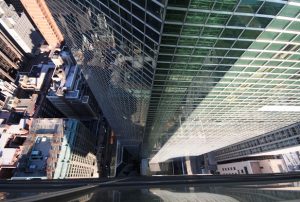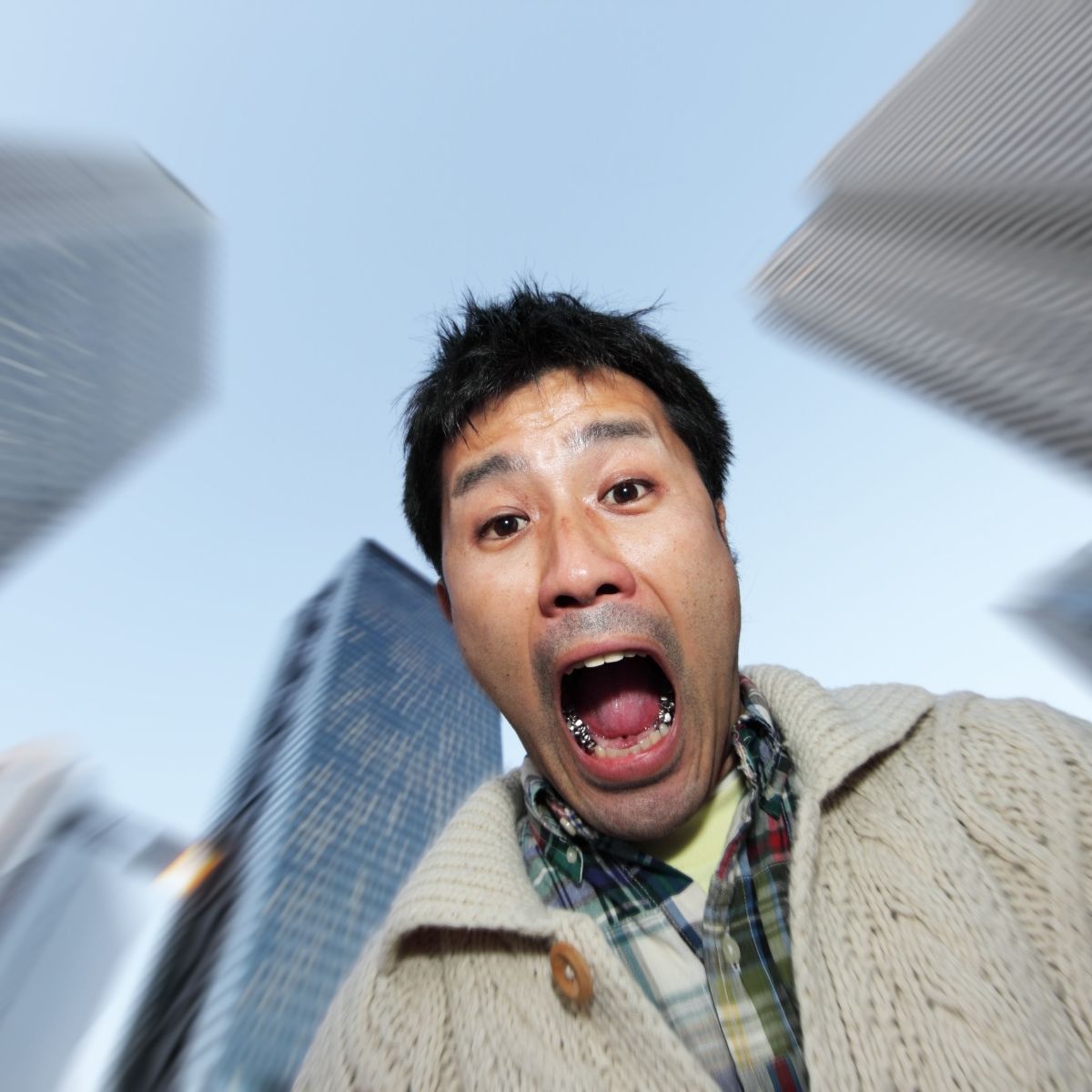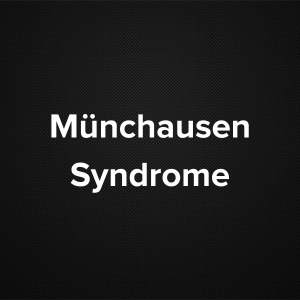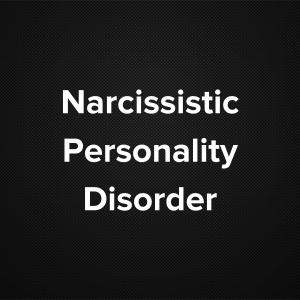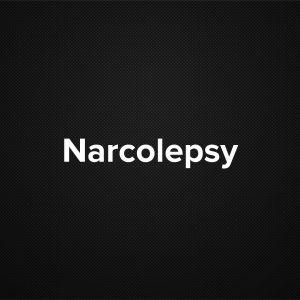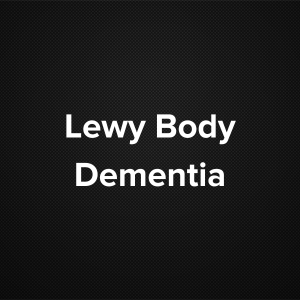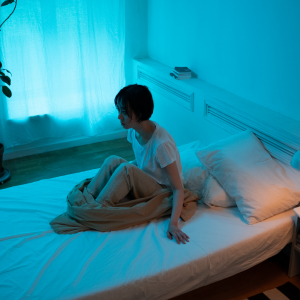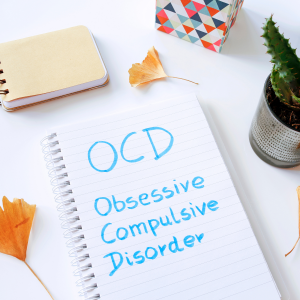Causes and risk factors
Past traumatic experience involving heights can be the cause of acrophobias.
Clinical presentation
Panic attacks, rapid breathing, nausea, dizziness, vertigo while walking in balcony or climbing stairs. There may be shaking, sweating, even yelling out. Person searches something to cling on to. Person loses balance and tries to bend on the floor, kneels down, starts crawling on knees. May feel terrible and paralyzed.
Investigation
Medical history by the patient and psychological evaluation by the psychiatrist or psychotherapist helps in diagnosis.
Treatment
Main treatment consists of psychotherapy and counseling which involves cognitive behavioral therapy that teaches relaxation techniques to combat the problem. Methods to cope up with life situations are taught. Individual and family therapy, social involvement will also help in managing the patient with acrophobia. Medications such as anxiolytics, sedatives (sleeping pills) are prescribed only in cases with severe anxiety from acrophobia.
Other Modes of treatment
The other modes of treatment can also be effective in treating acrophobia. Homoeopathy is a science which deals with individualization and considers a person in a holistic way. This science can be helpful in combating the symptoms. Similarly the Ayurvedic system of medicine, which uses herbal medicines and synthetic derivates, is also found to be effective in treating acrophobia.
